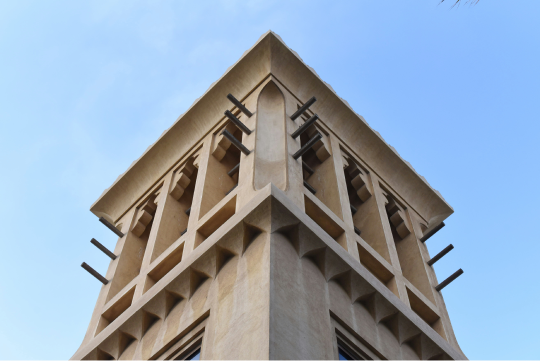Blogs
Managing the budget in architectural projects is a crucial factor that can determine the success and sustainability of a venture. In regions with a vibrant and competitive construction industry, understanding local regulations, economic conditions, and cultural aspects is key to maintaining financial efficiency. Here are some strategies to effectively manage budgets in architectural projects.

A thorough understanding of local regulatory frameworks, including safety standards, environmental regulations, and building codes, is essential for accurate budgeting. Compliance with these regulations is crucial to avoid delays and fines, which can lead to unexpected costs. Early engagement with local authorities and timely acquisition of necessary permits help streamline the project and prevent budget overruns.
Accurate cost estimation at the project's inception is critical for setting a realistic budget. This process involves detailed feasibility studies, which account for material costs, labor, transportation, and other project-specific expenses. Utilizing local market data and expertise ensures that estimates are precise, helping to prevent budget shortfalls caused by market fluctuations or unexpected price increases.
Projects must consider the local climate and cultural context in their design and execution. For example, high temperatures and humidity levels may influence the choice of materials and construction methods. Additionally, incorporating culturally appropriate architectural elements can impact costs. Understanding these factors allows for informed decision-making that respects both the budget and the project's context.
Strategic sourcing and procurement are crucial, especially when many construction materials are imported. Factors such as customs duties, shipping costs, and potential delays must be considered. Building strong relationships with both local and international suppliers can lead to better pricing and reliability. Bulk purchasing and long-term supplier agreements can also help mitigate risks associated with market volatility.
Adhering to local labor laws, including regulations on working hours, wages, and safety, is essential for effective budget management. Efficient project scheduling that complies with these regulations prevents costly fines and delays. Additionally, managing a multicultural workforce requires effective communication and an understanding of different skill levels to ensure smooth project execution.
Sustainability is increasingly important, with many regions promoting environmental sustainability through specific initiatives. Integrating green building practices, such as energy-efficient systems and sustainable materials, can lead to long-term savings and meet regulatory requirements. Although these practices may have higher initial costs, they often provide benefits such as government incentives and a positive reputation.
Robust risk management and contingency planning are vital for managing unexpected challenges. This includes accounting for potential delays, supply chain disruptions, and unforeseen site conditions. A contingency budget, typically 5-10% of the total project cost, is recommended to cover these unexpected expenses and maintain the project's financial stability.
Incorporating advanced construction technologies can lead to significant cost efficiencies. Tools like Building Information Modeling (BIM) aid in accurate planning, design, and cost estimation, reducing errors and rework. Additionally, technologies such as drones and AI can optimize construction processes, enhance safety, and reduce overall costs.
Maintaining transparent and regular communication with clients and stakeholders is crucial for managing expectations and making informed budgetary decisions. Clear communication ensures that all parties are aligned with the project's goals and financial constraints, fostering trust and collaboration.
Effective budget management in architectural projects requires a comprehensive understanding of local conditions, accurate cost estimation, strategic procurement, and efficient scheduling. By incorporating sustainability, leveraging technology, and maintaining open communication, projects can achieve financial efficiency while delivering high-quality results. At EMRA General Contracting, we apply these strategies to ensure that our projects are completed on time and within budget, meeting the highest standards of quality and client satisfaction. Contact us for more Information.